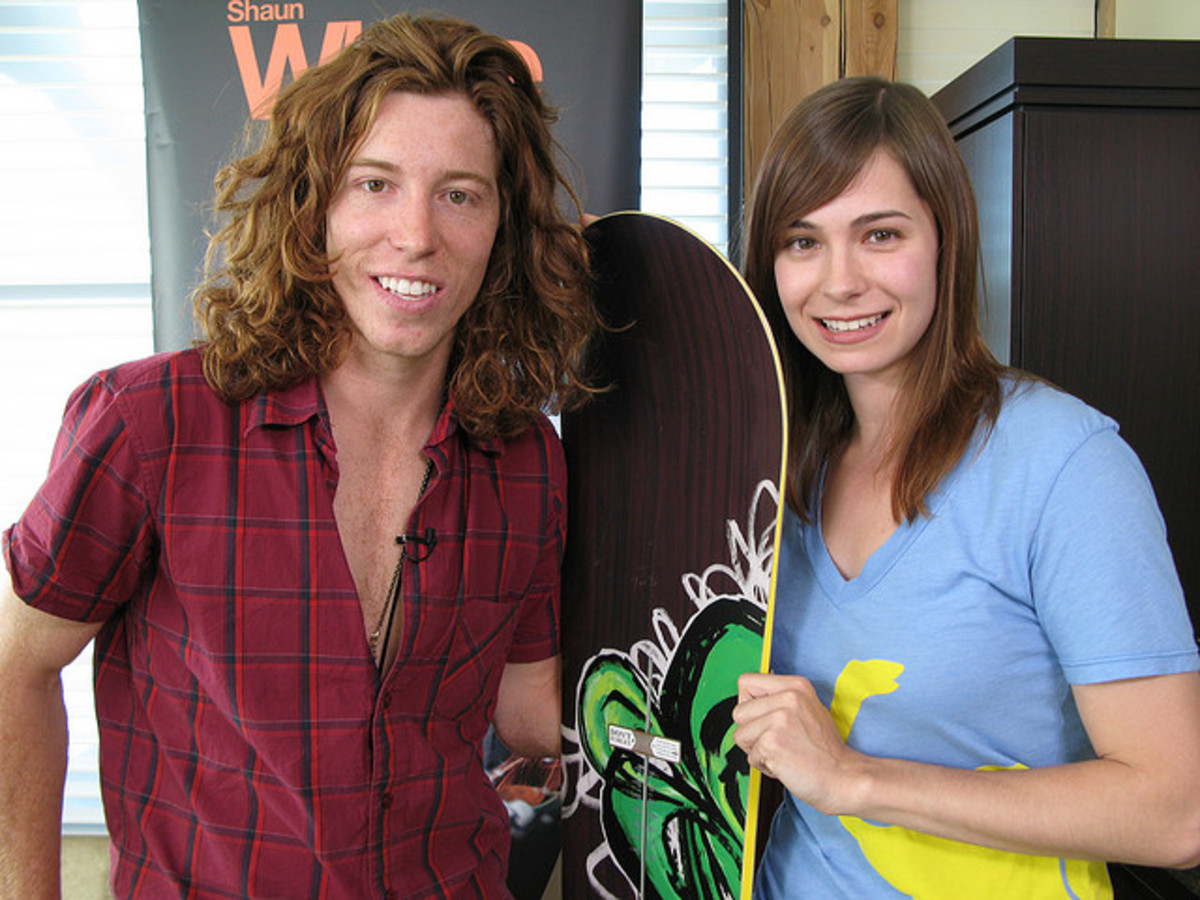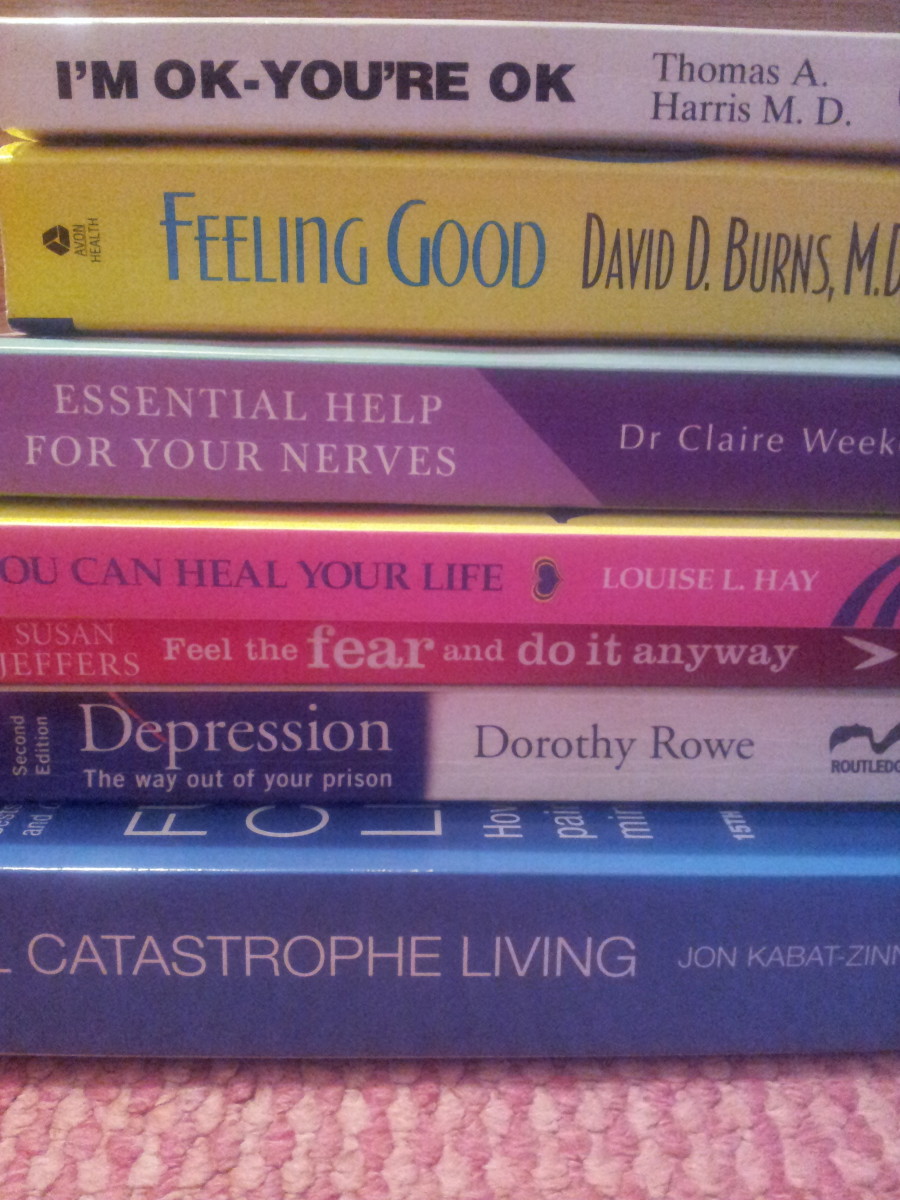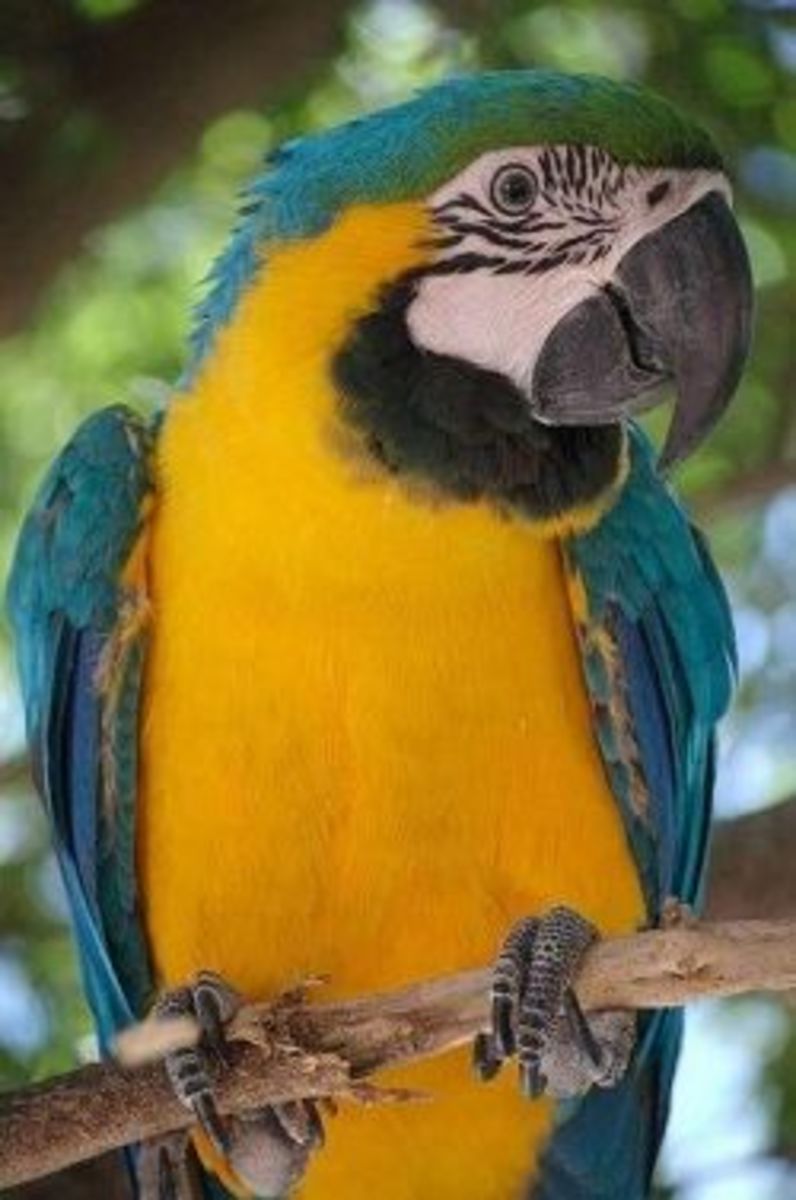How Transactional Analysis can help you communicate better – Part Three
"The hardest battle"
“To be nobody-but-yourself in a world which is doing its best, night and day, to make you everybody else – means to fight the hardest battle which any human being can fight: and never stop fighting.” - e.e.cummings (!955)
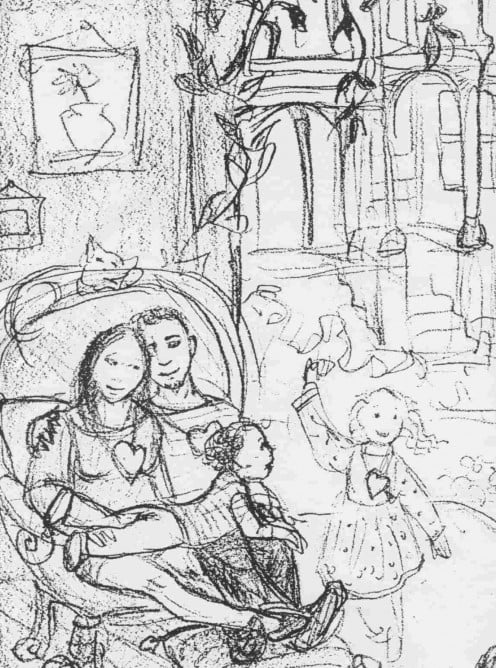
How to be in the world
In the previous two Hubs on TA we looked at some of the basic concepts and the underlying philosophy, albeit somewhat superficially. My objective in writing these was to encourage readers, if they were already familiar with TA, to recall the important factors, and, if they were new to the model, to search further. TA offers a simple, but not simplistic, way to understand ourselves by looking at how we conduct that very basic human activity, communicating with others.
Although TA is an appealing model, it has profundity and a seriousness of purpose which make it a fruitful subject of study. We can learn from studying it, we can become better at communicating and at being a person.
The basic assumption underlying TA is that we are all born OK, with ourselves and with others. Somehow though, life batters us, bombards us with all sorts of messages which seem to tell us that we are not OK. These messages come initially from our first care-givers, as in the Philip Larkin poem quoted in Part Two. Then we get reinforcement in our no-OKness from peers, teachers, bosses and in fact, everyone with whom we come into contact on a daily basis. And so we, if we want to be ourselves as fully as possible, become embroiled in that”hardest battle” that cummings wrote of, which we can “never stop fighting”.
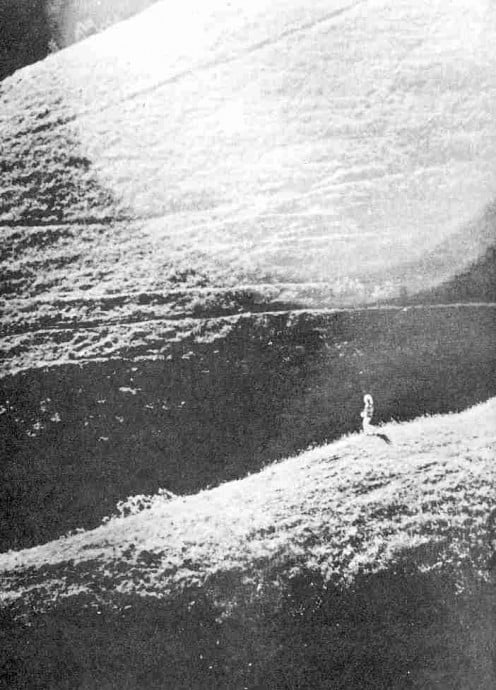
Born to Win ethics
“An ethical person works for an environment in which people can become winners, cherishes and actualizes personal potential, and becomes the winner he or she was born to be.” - from Born to Win by Muriel James and Dorothy Jongeward (1971, 1996).
What does it mean to be a winner? For me it means to be the person you have the potential to be, a person who can be fully himself or herself in responding to life, not in terms of winning out over others. To be a winner is to communicate openly and assertively as an Adult, and still being aware of of the caring and nurturing of the Parent, and the playfulness and spontaneity of the Child. It means living ethically and authentically.
As James and Jongeward wrote in Born to Win: “The path of an ethical person who is autonomously aware, spontaneous, and able to be intimate is not always easy; however, if such people recognise their “losing streaks” and decide against them, they are likely to discover that they were born with what it takes to win.”
TA can help us to recognize those “losing streaks” and to do something about them. As we become aware, more and more, of the ego state out of which we are communicating from moment to moment, we can identify what is holding us back, what is causing us to live up (or down, perhaps?) to the negative messages coming at us all the time, telling us that we are not good enough, or smart enough, or pretty enough, or strong enough, and so on and on.
James and Jongeward's book is an excellent introduction to TA and has some truly useful information and ideas to help our communication to become clearer and more effective. To give readers a taste of the value of this book I here reproduce two of the exercises from it. There is a caveat in using these, though. To get the greatest benefit from them a deeper understanding of TA and the other valuable ideas from the book is necessary. Doing these two simple exercises will give you only the merest glimpse of what can be gained from a deeper reading of this book and other good texts on TA.
Your adult ethics from "Born to Win"
In developing your own code of Adult ethics, examine all those areas where your life touches the lives of others – where your opinions affect people who may be living a great distance from you and/or who may be extremely different from you.
Also examine your behaviour and attitudes toward your total environment, including the inanimate as well as the animate world.
From your Adult ask:
- Who and what do I value?
- Who and what do I live for?
- Who and what would I die for?
- What does my life mean to me now?
- What could it mean?
- What does my life mean to others now? Others to come?
- Do I act in such a way as to preserve and enhance creation?
- What is really important to me?
List the five things you value most in life.
1.
2.
3.
4.
5.
Now rate your values in their priority.
1.
2.
3.
4.
5.
Study your priority list. Ask yourself:
- How do my values relate to my home life, my social life, my job?
- How do they relate to my Parent and Child ego states?
- Does the way I am living my life now reflect what I say I value?
(Exercise from Born to Win by Muriel James and Dorothy Jongeward, 1996, Cambridge MA, Da Capo Lifelong Books)
Adult Questions on Your Life from "Born to Win"
If you are beginning to think at a deep level about who you really are, why you are, what you are really doing with your life, and where your present patterns will lead you, let you Adult become more aware by asking:
- Who do I feel I am (from my Child experience)?
- Who do I believe I am (from my Parent opinions)?
- Who do I believe I am (from my Adult data-processing)?
- Do other people treat me like a parent, adult, or child? (spouse, children, friends, business associates)
- Who do I want to be (today, in 5 years, 10 years, 20 years)?
- Who do I want to be (today, in 5 years, 10 years, 20 years)?
- What potentials do I have for becoming that person?
- What are the barriers?
- What am I going to do about the potentials and barriers?
- Do I value that which enhances my potentials?
- Do I value that which helps others develop their potentials?
- How can I become more of the winner I was born to be?
(Exercise from Born to Win by Muriel James and Dorothy Jongeward, 1996, Cambridge MA, Da Capo Lifelong Books)
So, what's it all about, Alfie?
What's it all about, Alfie?
Is it just for the moment we live?
What's it all about when you sort it out, Alfie?
Are we meant to take more than we give
Or are we meant to be kind?
Burt Bacharach and Hal David, the title song from the 1966 movie Alfie, starring Michael Caine with additional music by Sonny Rollins.
I guess we just go through life trying to be and do the best we can. If we are fully aware we live, not necessarily “for” the moment, but definitely “in” the moment, because that is all we have. The past, as they say, is history, the future a mystery, but today is a gift, that's why they call it the “present”.
TA helps us to live that moment, the moment that is really all we have, in the best way possible, because the model and its underlying philosophy give us a way to analyse what we are doing, and how to communicate more effectively from our Adult, instead of always making knee-jerk reactions from either our Child or our Parent.
Copyright Notice
The text and all images on this page, unless otherwise indicated, are by Tony McGregor who hereby asserts his copyright on the material. Should you wish to use any of the text or images feel free to do so with proper attribution and, if possible, a link back to this page. Thank you.
© Tony McGregor 2009



